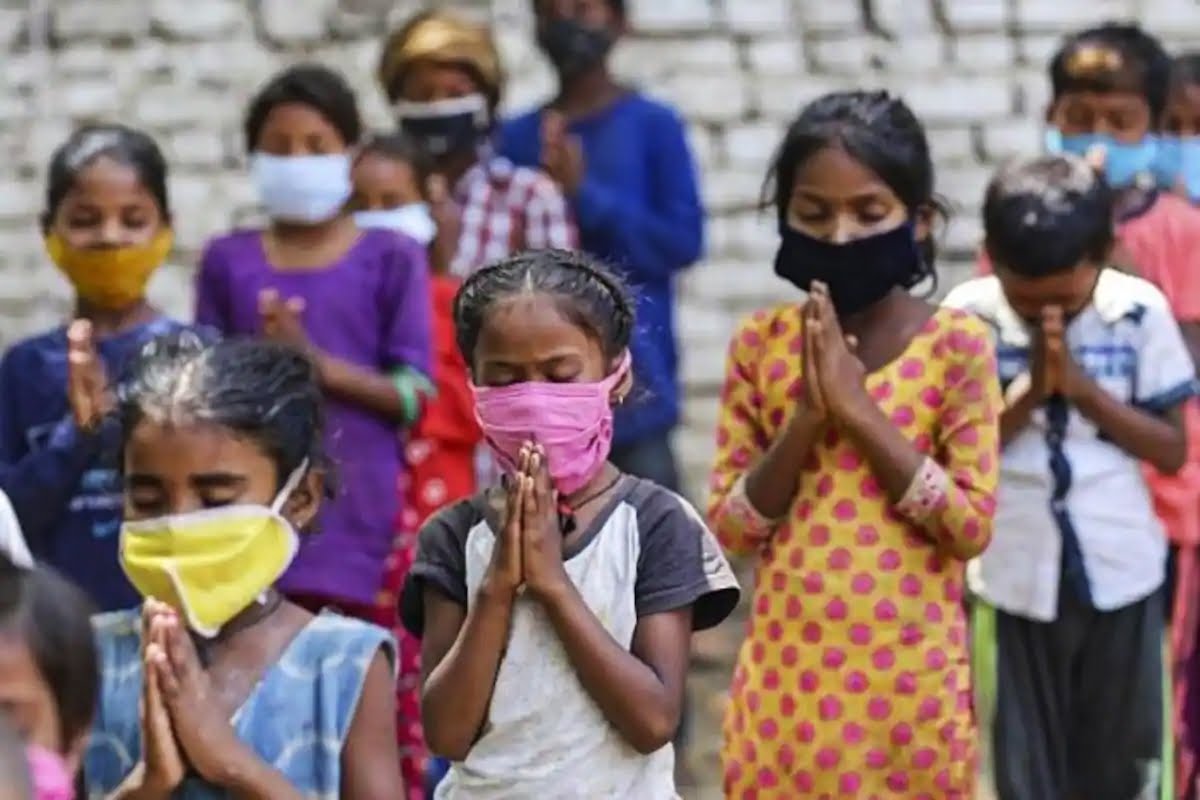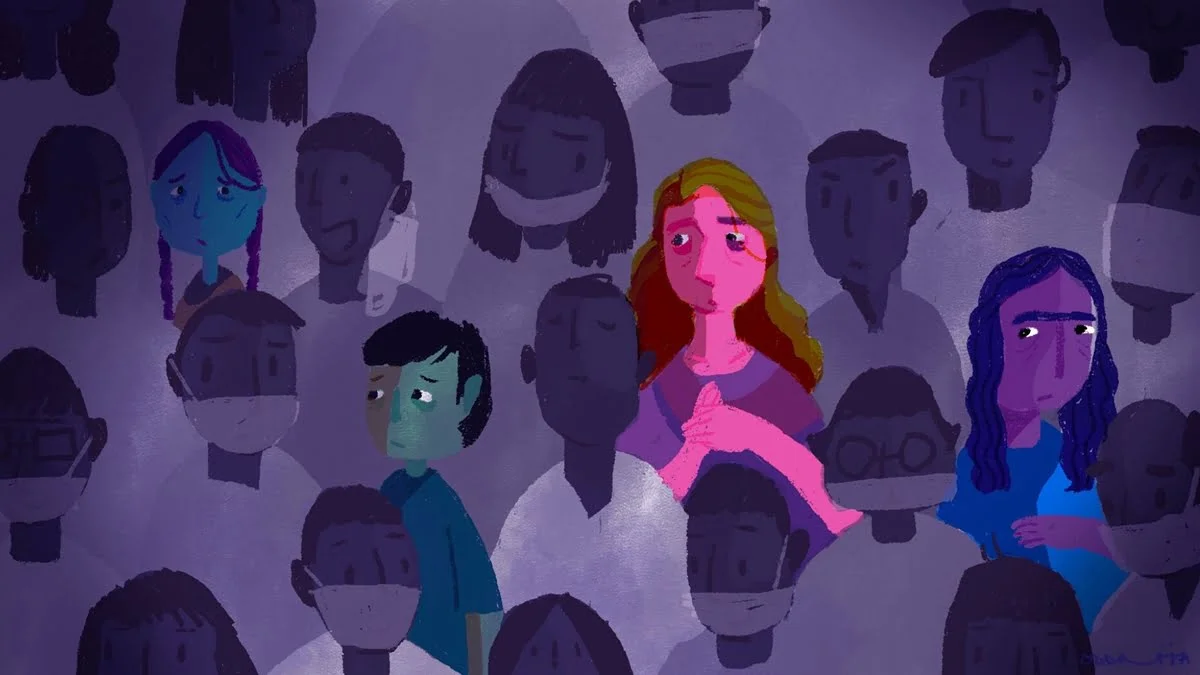If one was to simply search for the meaning of eugenics on the Internet, one would come across the one below by Oxford Dictionaries:
“The study of how to arrange reproduction within a human population to increase the occurrence of heritable characteristics regarded as desirable. Developed largely by Sir Francis Galton as a method of improving the human race, eugenics was increasingly discredited as unscientific and racially biased during the 20th century, especially after the adoption of its doctrines by the Nazis in order to justify their treatment of Jews, disabled people, and other minority groups.”
Also read: 2020: The Year The Indian Government Tried To Amend 3 Vital Disability Laws
As disability activists, we have always been talking about how disabled people are thought of as “not desirable” by the society. It is unfortunate that science, at times, actually help to eliminate people who are not desirable. Some of us who work on the intersection of disability and gender rights were indeed shocked when we read a PIB notification dated 29th January 2020 that stated the following:
Medical Termination of Pregnancy (Amendment) Bill, 2020 is for expanding access of women to safe and legal abortion services on therapeutic, eugenic, humanitarian or social grounds.
That the usage of term “Eugenics” can bring severe concern within the disability sector because of historical reasons was completely overlooked by the Indian government. Instead, they proudly mentioned,
“Union Cabinet, chaired by the Prime Minister Shri Narendra Modi, has approved the Medical Termination of Pregnancy (Amendment) Bill, 2020 to amend the Medical Termination of Pregnancy Act, 1971. The Bill will be introduced in the ensuing session of the Parliament.”
In March 2021, the Rajya Sabha passed the bill that suggested raising the upper limit on the legal termination of pregnancy to 24 weeks from 20 after it was moved for passing by then health minister Harsh Vardhan.
Salient Features Of Proposed Amendments
- Proposing requirement for opinion of one provider for termination of pregnancy, up to 20 weeks of gestation and introducing the requirement of opinion of two providers for termination of pregnancy of 20-24 weeks of gestation.
- Enhancing the upper gestation limit from 20 to 24 weeks for special categories of women which will be defined in the amendments to the MTP Rules and would include ‘vulnerable women including survivors of rape, victims of incest and other vulnerable women (like differently-abled women, Minors) etc.
- Upper gestation limit not to apply in cases of substantial foetal abnormalities diagnosed by Medical Board.”
Why the government had to use such term as differently abled women (when Indian laws have been using the term persons with disabilities) and place them in the same ranks as minors or victims of incest itself is a matter of absolute contention.
Why the government had to use such term as differently abled women (when Indian laws have been using the term persons with disabilities) and place them in the same ranks as minors or victims of incest itself is a matter of absolute contention. And now, with the introduction of the draft Uttar Pradesh population bill, our disagreements with the ruling government’s understanding and approach towards disability have only exacerbated.
In 2021, Uttar Pradesh, the state with the largest population in India, brought out the Draft Uttar Pradesh (UP) Population Control, Stabilisation and Welfare Bill, 2021. While there are inherently many flawed clauses in the bill, I will be looking at how disability is looked at in the same.
Also read: Yogi Adiyanath’s UP Population Control Bill 2021: The Communal, Caste & Gender Impacts
National Platform for the Rights of Disabled (NPRD) published a statement in response to the Bill saying “Sec. 15 of the Bill includes a terribly pejorative almost eugenic rationale where the Bill says that if couples have one or two children who “suffer” (term used in the Bill) from disability, they can have more children and will not be seen to contravene the two-child norm.”
We all know a disabled person does not “suffer” from disability but from the structural barriers that they face due to an ableist society. However, this draft of the law assumed disability as a suffering. Interestingly, it invokes Rights Of Persons with Disabilities Act of 2016 which is an anti-discriminatory law based upon the UN Convention on Rights of Persons with Disabilities ratified by India. On the other hand, his draft specifically discriminates between non-disabled children and disabled children. Children with disabilities are almost denied their existence by such clauses. Actually, just before Clause 15 starts, there is a mention “Of Death or Disability of Child” – thus equating death and disability.
The fact remains that there are few kinds of disabilities which are hereditary. For example, one of the newly included categories in disability law is Thalassemia – can any government actually encourage couples to have more children even if they have two children who have Thalassemia? This is a debatable question.
The main concern is, however, different. If an Indian state such as Uttar Pradesh starts equating disabled children with dead children, how long will it take other states to follow same? Can the disability sector of India remain silent on such a serious issue at this point of time?
The main concern is, however, different. If an Indian state such as Uttar Pradesh starts equating disabled children with dead children, how long will it take other states to follow same? Can the disability sector of India remain silent on such a serious issue at this point of time?
Featured image source: India.com
About the author(s)
Shampa Sengupta is an activist working on gender and disability rights. She is a person with mental illness and also a primary care-giver.




